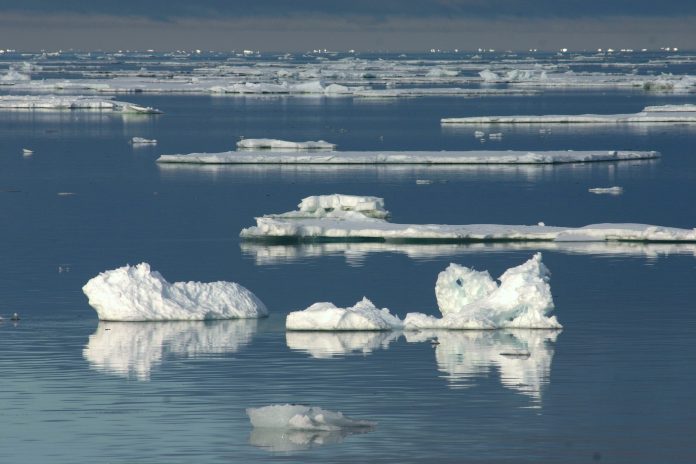by EH
In a groundbreaking initiative, the European Research Council (ERC) has awarded €2.7 million to the Antarctic Canyon Experiment (ACE), a five-year project led by the University of Plymouth. This international collaboration, which includes Trieste’s National Institute of Oceanography and Applied Geophysics (OGS), aims to uncover the mysteries of turbidity currents in Antarctica — massive underwater avalanches that sweep through the depths of the Southern Ocean.
These currents, while capable of transporting sediments across thousands of kilometers, play a critical yet poorly understood role in Earth’s carbon cycle. Scientists believe that better understanding these phenomena could illuminate how Antarctica helps regulate one of the planet’s largest carbon reservoirs, potentially shaping global climate policies.
A Hidden Carbon Vault
The slopes of Antarctica’s marine canyons currently store approximately 40% of all anthropogenic carbon found in the oceans. ACE researchers seek to explore how this vital system has evolved over time, particularly during Earth’s warmer periods, to anticipate its response to present and future climate changes.
“Turbidity currents, or underwater avalanches, are natural phenomena that can transport enormous amounts of sediment over vast distances,” said Jenny Gales, ACE’s lead investigator and an associate professor at the University of Plymouth. “These currents can damage critical infrastructure, such as submarine cables that underpin much of the world’s internet connectivity. But they also have a pivotal role in burying or exposing carbon within ocean sediments. Understanding these processes is essential for predicting the future impacts of climate change.”
Cutting-Edge Research in the Ross Sea
The project will focus on the Ross Sea, a region known for its dynamic underwater landscapes. Over the next five years, researchers will deploy advanced monitoring instruments, including sediment traps and autonomous underwater vehicles, to collect samples and measure turbidity currents with unprecedented precision.
Laura De Santis, a geophysicist at OGS and a key contributor to the project, highlighted the importance of this location. “My colleague Michele Rebesco and I will bring our geological and geophysical expertise to the table, particularly in this area,” De Santis said. “We’ll assist in designing expeditions, analyzing data, and leveraging the capabilities of the icebreaker Laura Bassi to conduct fieldwork.”
One year of continuous monitoring in the Ross Sea canyon will allow the team to observe these massive currents in action. Sediment samples will be analyzed in laboratories to determine their organic carbon content and other materials, shedding light on how these currents influence global carbon storage.
A Critical Moment for Climate Research
The findings could have profound implications for climate science and policy. By better understanding the natural processes governing the carbon cycle, the project may provide valuable insights for mitigating the impacts of climate change.
The ACE project is one of approximately 300 initiatives selected for ERC Consolidator Grants, which collectively received €678 million under the European Union’s Horizon Europe program. These grants are designed to support leading scientists and researchers in pursuing transformative scientific ideas.
“With this project, we hope to gain the first detailed understanding of how these currents form around Antarctica,” Gales added. “This knowledge is essential for forecasting what might happen if we fail to act on climate change.”
For now, the team is gearing up for a challenging but rewarding five years, as they aim to unlock the secrets of Antarctica’s hidden canyons and their pivotal role in the planet’s climate system.
More information: https://erc.europa.eu/homepage





























